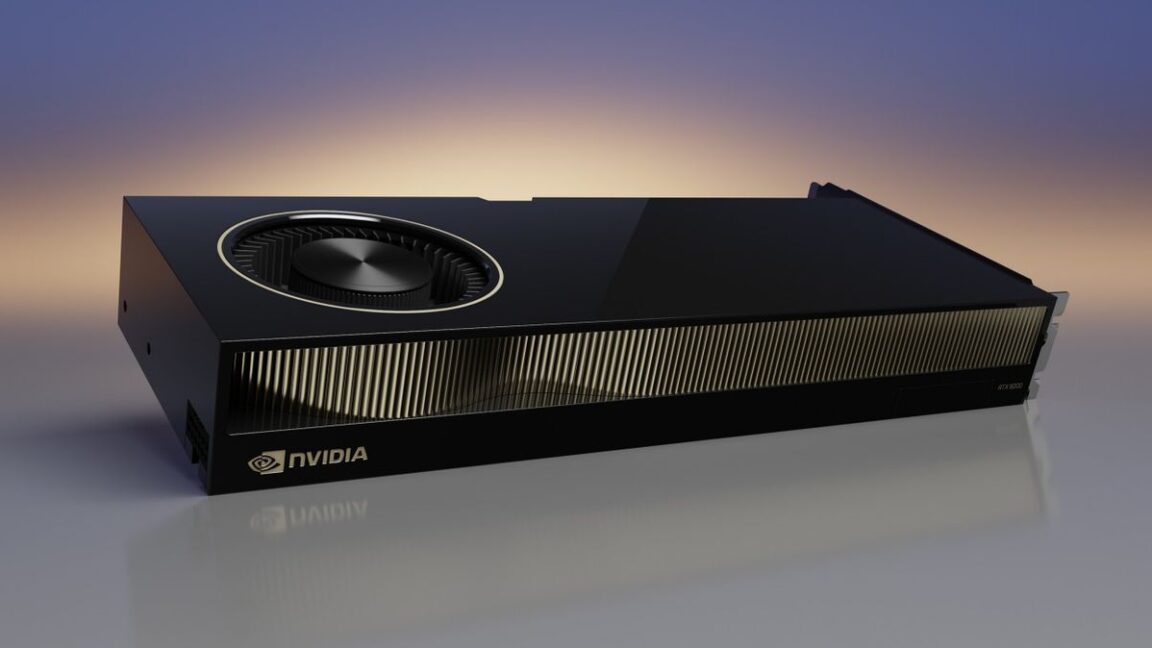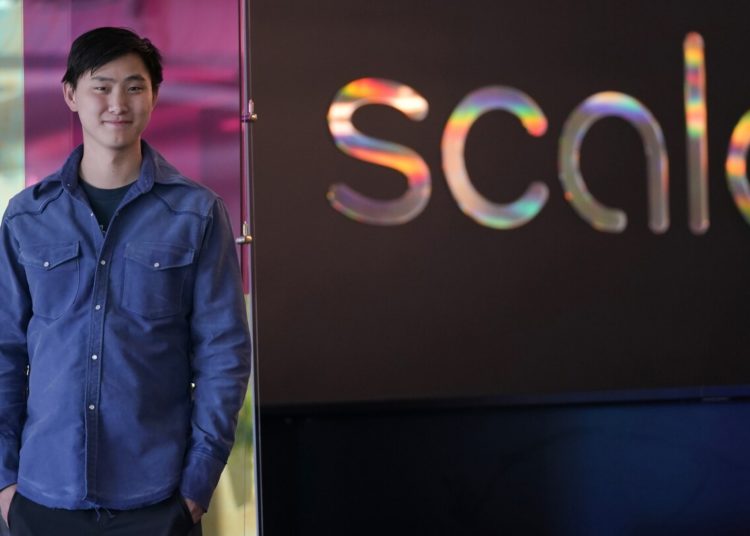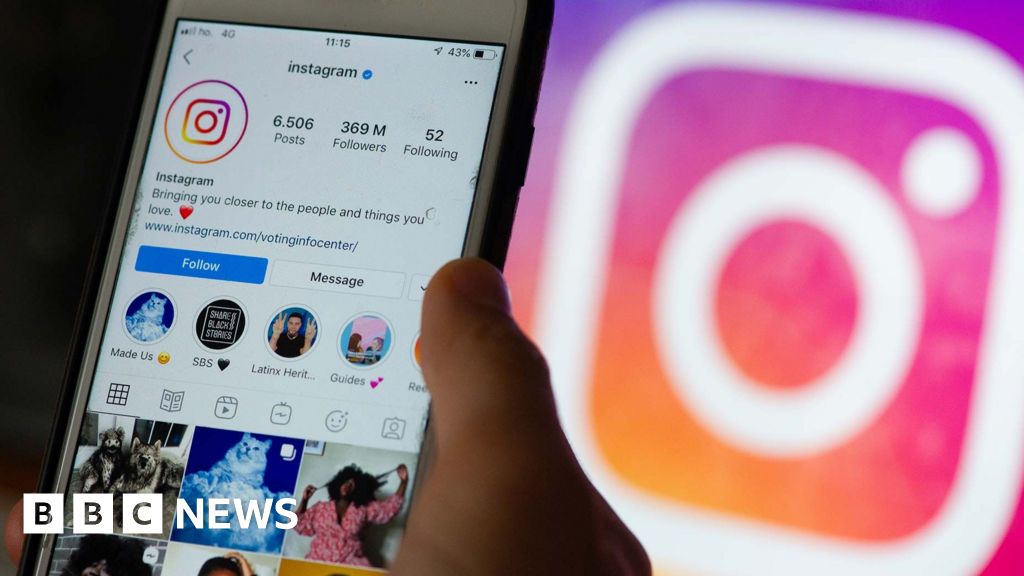Nvidia's H20 AI Computer Chips Cleared for Sale in China
Nvidia's H20 AI Computer Chips Cleared for Sale in China
Nvidia's CEO Jensen Huang has announced that the company has received approval from the Trump administration to sell its advanced H20 computer chips used for artificial intelligence in China. This is a significant development for the technology giant as it expands its presence in the Chinese market. The H20 chips are known for their high-performance computing capabilities and are used in various industries, including healthcare, finance, and transportation. Huang also shared in a blog post that the company sees this as an opportunity to support China's growing AI ecosystem and foster collaborations and advancements in the field.
About the People Mentioned
Jensen Huang
Jensen Huang is a Taiwanese-born American entrepreneur and electrical engineer best known as the co-founder, president, and CEO of NVIDIA Corporation, a leading technology company specializing in graphics processing units (GPUs) and accelerated computing. Born on February 17, 1963, in Tainan, Taiwan, Huang moved to the United States at age nine. He holds a Bachelor’s degree in Electrical Engineering from Oregon State University and a Master’s degree from Stanford University. Before founding NVIDIA in 1993 with Chris Malachowsky and Curtis Priem, he worked at LSI Logic and Advanced Micro Devices (AMD). Under Huang’s leadership, NVIDIA pioneered the development of the GPU in 1999, which revolutionized computer graphics and gaming. This innovation laid the foundation for NVIDIA’s expansion into diverse fields such as artificial intelligence (AI), autonomous vehicles, mobile computing, and scientific research. Huang foresaw the potential of GPUs beyond gaming, particularly for AI and machine learning workloads, which has positioned NVIDIA as a central player in the AI boom of the 2020s. NVIDIA’s GPUs power many of today’s major AI data centers and applications, including large language models like GPT. The company’s market capitalization briefly surpassed $4 trillion in 2024, making it the most valuable public company globally and cementing Huang’s reputation as a visionary CEO. His contributions to the semiconductor industry have earned him prestigious honors such as election to the National Academy of Engineering and the Semiconductor Industry Association’s Robert N. Noyce Award. He has also been recognized by Fortune, The Economist, and TIME magazine as one of the most influential CEOs worldwide. Huang remains deeply involved in NVIDIA’s strategic direction, product innovation, and corporate culture, maintaining a hands-on leadership style that has driven the company’s growth from a startup to a trillion-dollar technology giant.
About the Organizations Mentioned
Nvidia
Nvidia Corporation, founded in 1993 by Jensen Huang, Chris Malachowsky, and Curtis Priem and headquartered in Santa Clara, California, is a pioneering American technology company best known for inventing the graphics processing unit (GPU) in 1999[1][2][4]. Initially focused on GPUs for video gaming, Nvidia has expanded its scope to serve diverse markets, including artificial intelligence (AI), high-performance computing (HPC), professional visualization, automotive technology, and mobile devices[1][3]. Nvidia’s GPUs, such as the GeForce series for gamers and the RTX series for professional applications, are central to its dominance, controlling over 90% of the discrete GPU market as of early 2025[1][4]. The company’s investment in CUDA, a parallel computing platform and API launched in the early 2000s, revolutionized GPU computing by enabling GPUs to accelerate a wide range of compute-intensive tasks, particularly in AI and scientific research[1][4]. By 2025, Nvidia commanded over 80% of the GPU market for AI training and inference and supplied chips to more than 75% of the world’s top 500 supercomputers[1]. Nvidia’s influence extends beyond hardware. It offers a comprehensive ecosystem including software platforms like Omniverse for 3D simulation and digital twins, AI frameworks such as MONAI for medical imaging, and Jetson for robotics and edge AI[2][3]. Its technologies power autonomous vehicle data centers, AI factories, and cloud gaming services like GeForce Now[2][7]. Financially, Nvidia achieved record full-year revenue of $130.5 billion in fiscal 2025, with a workforce of over 36,000 employees worldwide and a robust patent portfolio exceeding 8,700 applications[2]. The company is recognized for innovation and workplace excellence, topping Forbes’ "America’s Best Companies 2025" and Fast Company’s "World’s Most Innovative Companies"
Trump administration
The **Trump administration** refers to the executive branch of the U.S. federal government during Donald J. Trump’s presidency, initially from January 20, 2017, to January 20, 2021, and resuming with his second term starting in 2025. It was characterized by a mix of aggressive domestic policies, significant judicial appointments, and a distinct foreign policy approach that emphasized "America First" principles[4][8]. The administration’s key activities included **tax reform**, notably passing the $3.2 trillion Tax Cuts and Jobs Act, which represented the largest overhaul of the U.S. tax code in decades[5]. Trump also renegotiated trade agreements with major economies including Mexico, Canada, China, Japan, and South Korea, prioritizing bilateral deals over multilateral ones such as the Trans-Pacific Partnership (TPP), which the administration withdrew from early on[1][2]. The administration sought to protect American jobs by restricting cheap foreign labor and influencing agencies like the Tennessee Valley Authority to retain American workers[5]. On the judicial front, the Trump administration appointed over 200 federal judges, including three Supreme Court justices—Neil Gorsuch, Brett Kavanaugh, and Amy Coney Barrett—shaping the judiciary for years to come[4]. These appointments were among the most significant achievements, influencing U.S. law on multiple fronts. In foreign policy, the administration pursued a controversial agenda: it imposed travel bans on several predominantly Muslim countries, withdrew U.S. troops from northern Syria, and supported Saudi Arabia militarily despite congressional opposition related to the Yemen conflict[1][3]. It also fostered new international technology alliances, such as securing commitments from allies to exclude Chinese telecom giant Huawei from 5G infrastructure and signing AI cooperation agreements with the UK[5]. The Trump administration faced substantial political turmoil, including two impeachments by the House of Representatives—first in 2019 over Ukraine dealings, and again in 2021 following the January















